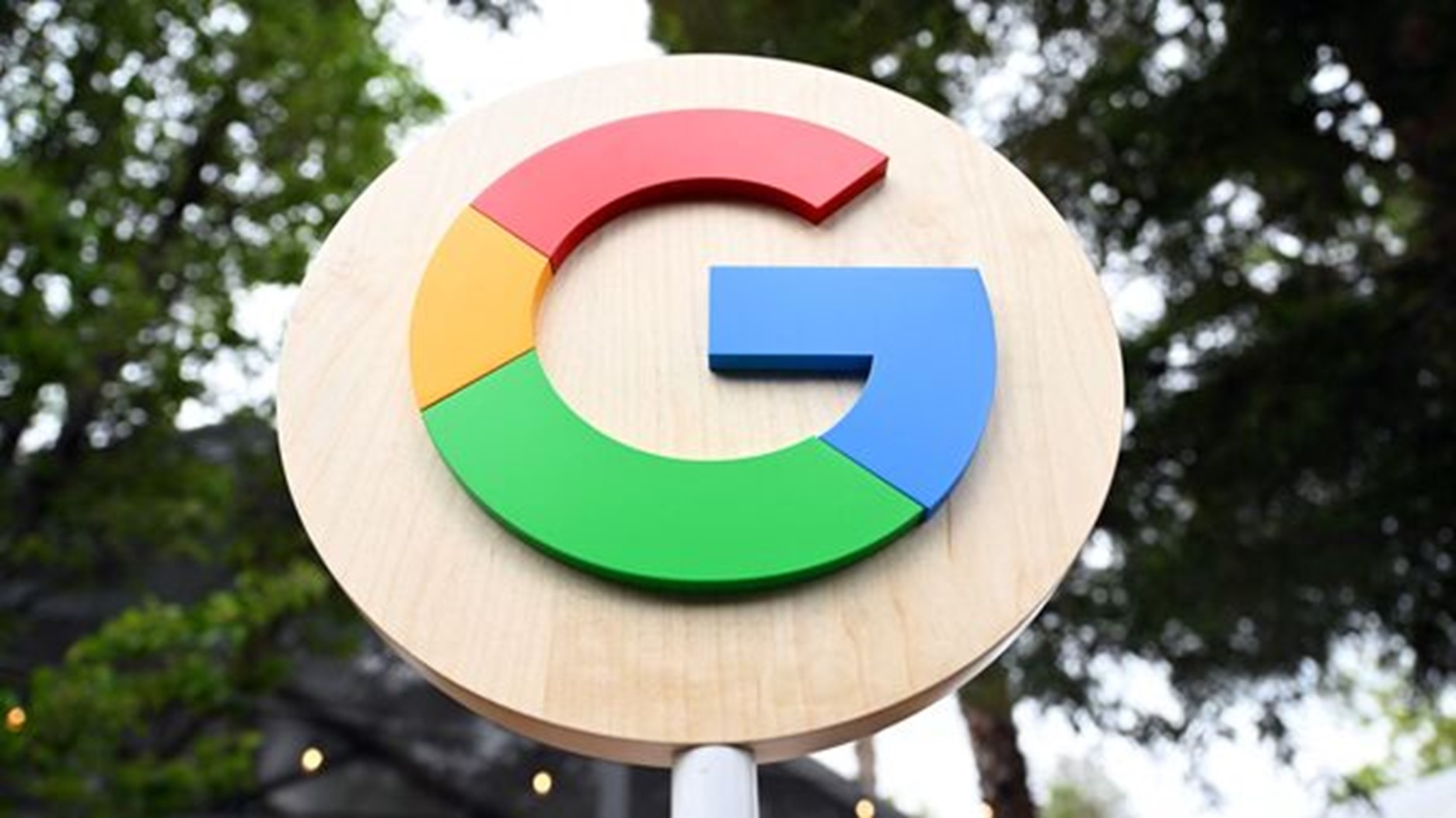In
2024, Google is spearheading a significant shift in the application of
generative AI within the healthcare sector, moving beyond experimental stages
to practical implementations. The focus of this transformative approach centers
on alleviating administrative burdens and providing valuable support to medical
professionals. The emphasis is on enhancing the overall efficiency of
healthcare services by leveraging AI technology.
Generative
AI is set to play a pivotal role in easing the workload of clinicians. One key
aspect involves automating clinical documentation, enabling healthcare
providers to redirect their time and attention toward direct patient care.
Additionally, the technology will streamline the process of finding relevant
information swiftly, empowering medical professionals with quick access to
critical data for making informed decisions.
The
impact of generative AI extends beyond administrative support, with a key
emphasis on aiding diagnostics and research endeavors. By analyzing large
datasets, the technology assists radiologists, pathologists, and lab workers in
processing vast amounts of information, contributing to more accurate and
timely diagnoses. Furthermore, the capability to amalgamate data from diverse
sources enhances the completeness and precision of responses to medical
queries, promoting a more holistic approach to healthcare.
While
these advancements hold immense promise, the Times of India article also
underscores the need to address certain limitations. Ethical considerations and
the necessity for ongoing training and seamless data integration pose
challenges that must be navigated to ensure the responsible and effective
implementation of generative AI in healthcare.



